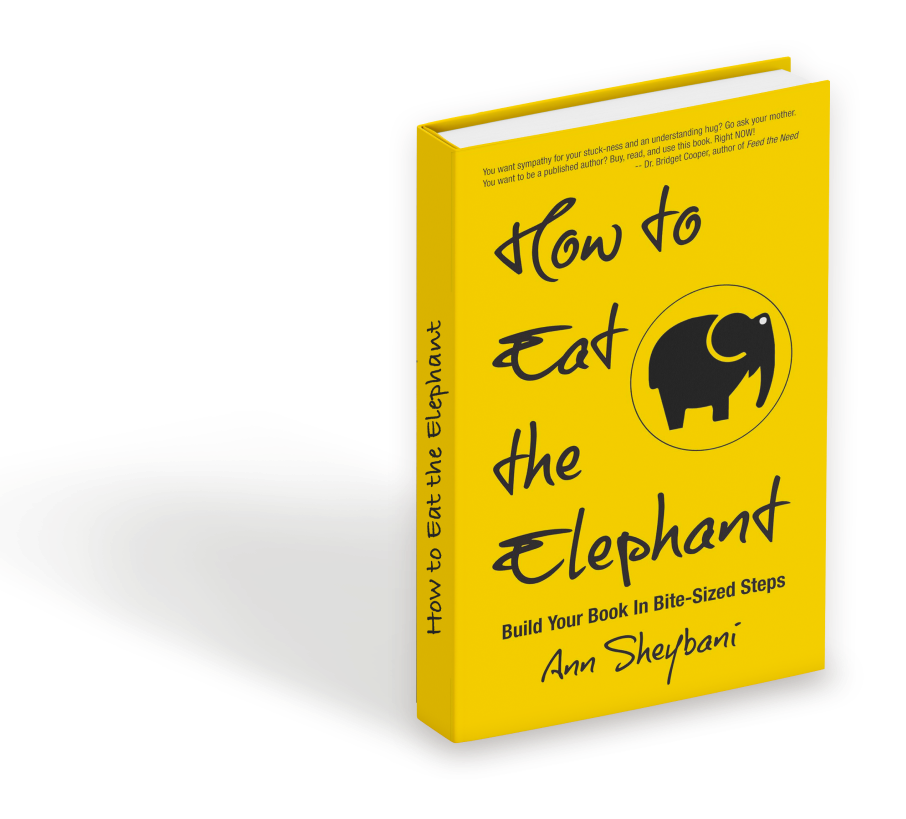I just got back from Los Angeles, LA for those of you in the know. I was attending AWP, a monster of a conference for writers, teachers, editors, and publishers. It’s sort of a big deal because there are over 12,000 people who attend, and you get to rub elbows with the literati, the superstars of the book world. People like Amy Tan, and Cheryl Strayed, Tobias Wolff, and the latest and greatest wunderkind. (This year, I suppose that was Garth Greenwell who wrote the novel What Belongs To You to critical acclaim. It’s really quite good.)
Not only did I attend for the first time, I spoke on a panel entitled, You Sent Me What?!, in which we discussed the sorts of horrors authors submit in the hopes of publishing, the common mistakes they make.
I shared the stage with some pretty impressive people–editors from a few literary journals, The Missouri Review to name one, and a university press. And it felt as though there were thousands of highly-focused people sitting there in the audience.
I think I should mention how insecure I felt, even before I took my seat behind the microphone. Because, instead of following the traditional path out of grad school– slaving away for a decade on a memoir or a novel in the hopes of being chosen, like a needle from the haystack, by a big publishing house (don’t get me started)–I’d set my memoir aside and become an entrepreneur, written and published a book to buttress my business. I’d essentially forged my own trail and chosen myself.
Would the audience members, my fellow panelists, turn their nose up at me? Was I literary enough, poetic enough, angst-y enough to merit attention? Or had I taken the low road, sold out, side-stepped the sacred gatekeepers of Oz?
And then as I spoke, I realized how lucky I was to be able to straddle two very different worlds. I had the MFA training, the frou-frou writer’s conferences behind me, the ones you practically had to sell your body to be chosen for, on one side. On the other, the entrepreneurial let’s-launch-this-shit-and-get-it-out-the-door mindset, the willingness to put oneself out there despite the ubiquitous rejection. (Well, that didn’t work. Let me tweak the shit.)
Much to my surprise, people wanted to hear what I had to say. They wanted to know how to submit their work, work they’d spent ages polishing and perfecting, even when they were deadly afraid that they wouldn’t make the cut. They wanted to learn how not to give up if their worst fear–rejection–came to pass.
In other words, they wanted to learn how to be more like an entrepreneur.
To a one, they all saw rejection–rejection of some submitted piece that might not be ready yet, might not be a fit for the given publication– as proof positive that they sucked as writers, that they sucked as human beings. They saw rejection as DEEPLY personal, not as a predictable part of the process.
As an entrepreneur, you just can’t play that mind game for very long, unless you want to go broke and live under a bridge and eat cat food.
You’re going to make some mistakes. You’re going to miss some critical things. You’re going to get rejected. It’s all part of the process, not just in writing, but in life. And it’s OK. It really is.
This is what the entrepreneur can teach us.
And just for fun, I’m going to share with you what we can learn from fancy editors and MFA types.
If you’d like to see what an editor looks for, layer by layer, and how dramatically your first two pages can change during the editing process, click HERE.
If you want to take a look at the top ten mistakes (15 really) publishers see in manuscripts, well, click HERE.
You’re welcome.



